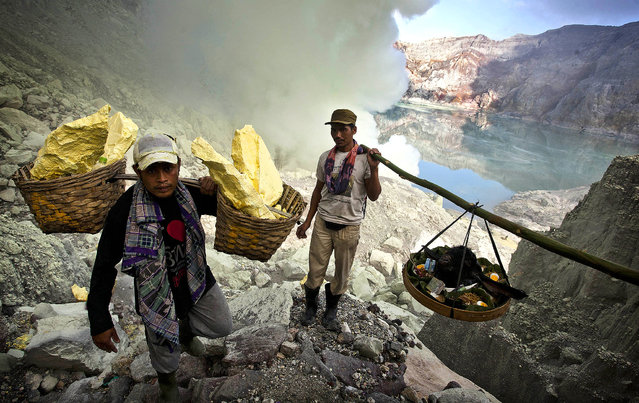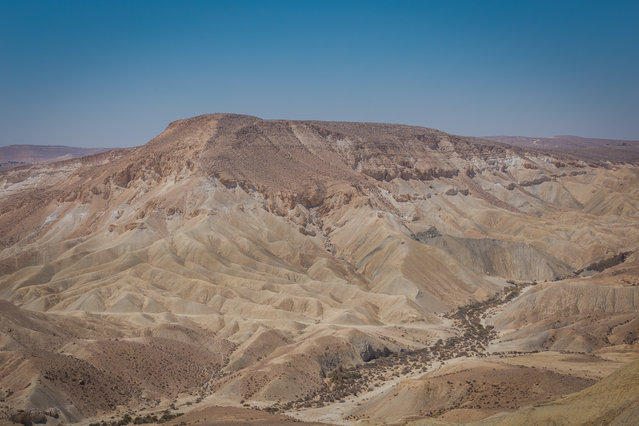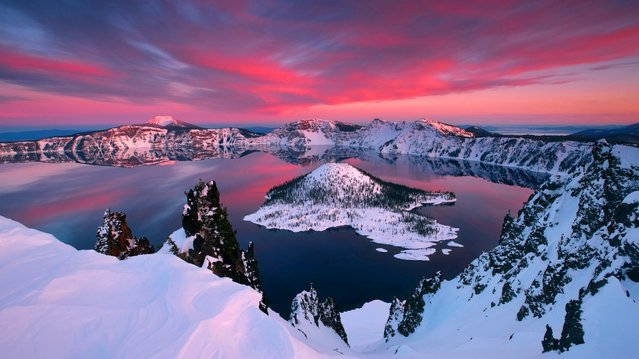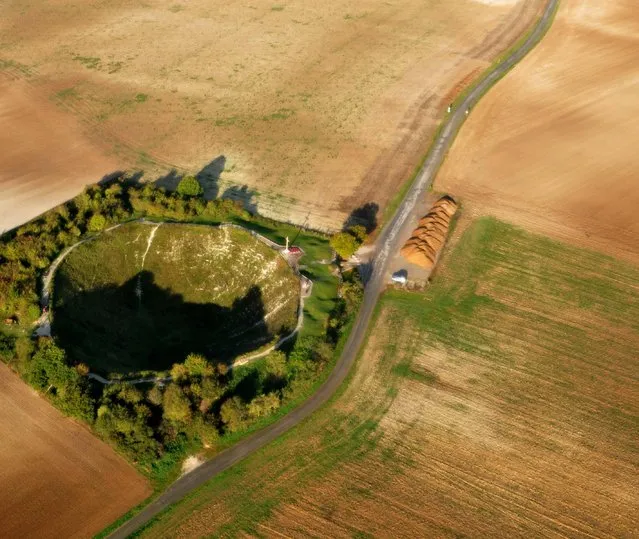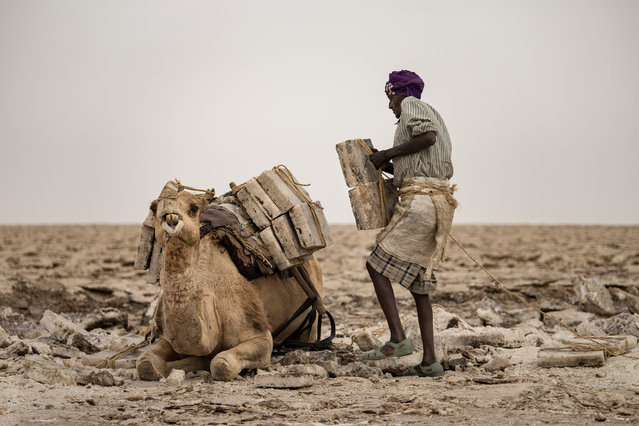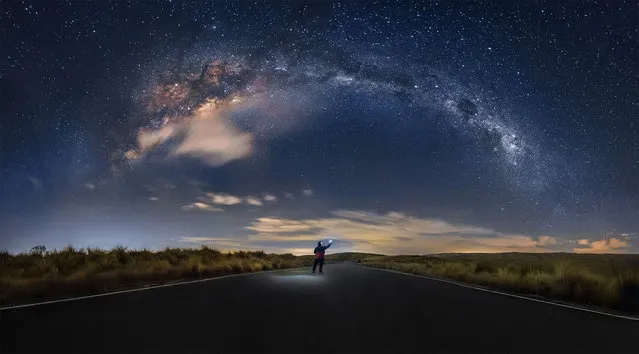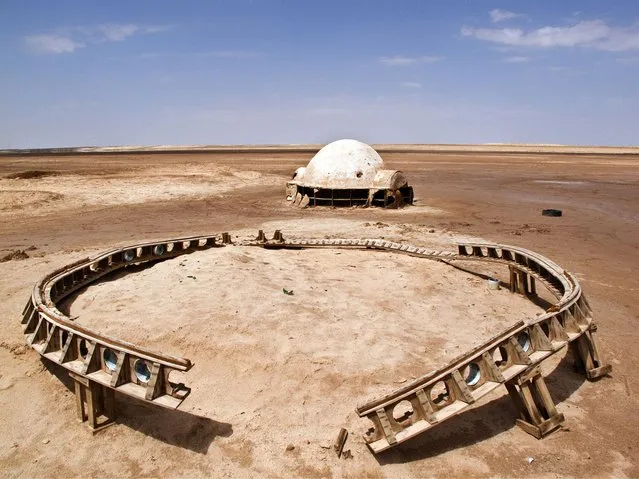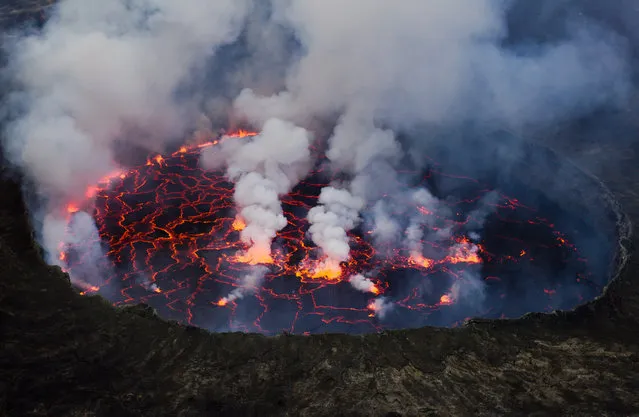
Mount Nyiragongo is an active stratovolcano On the Virunga Mountains associated with the Albertine Rift. It is located inside Virunga National Park, in the Democratic Republic of the Congo, about 20 km (12 mi) north of the town of Goma and Lake Kivu and just west of the border with Rwanda. The main crater is about two km wide and usually contains a lava lake.
08 Aug 2013 12:38:00,post received
0 comments

